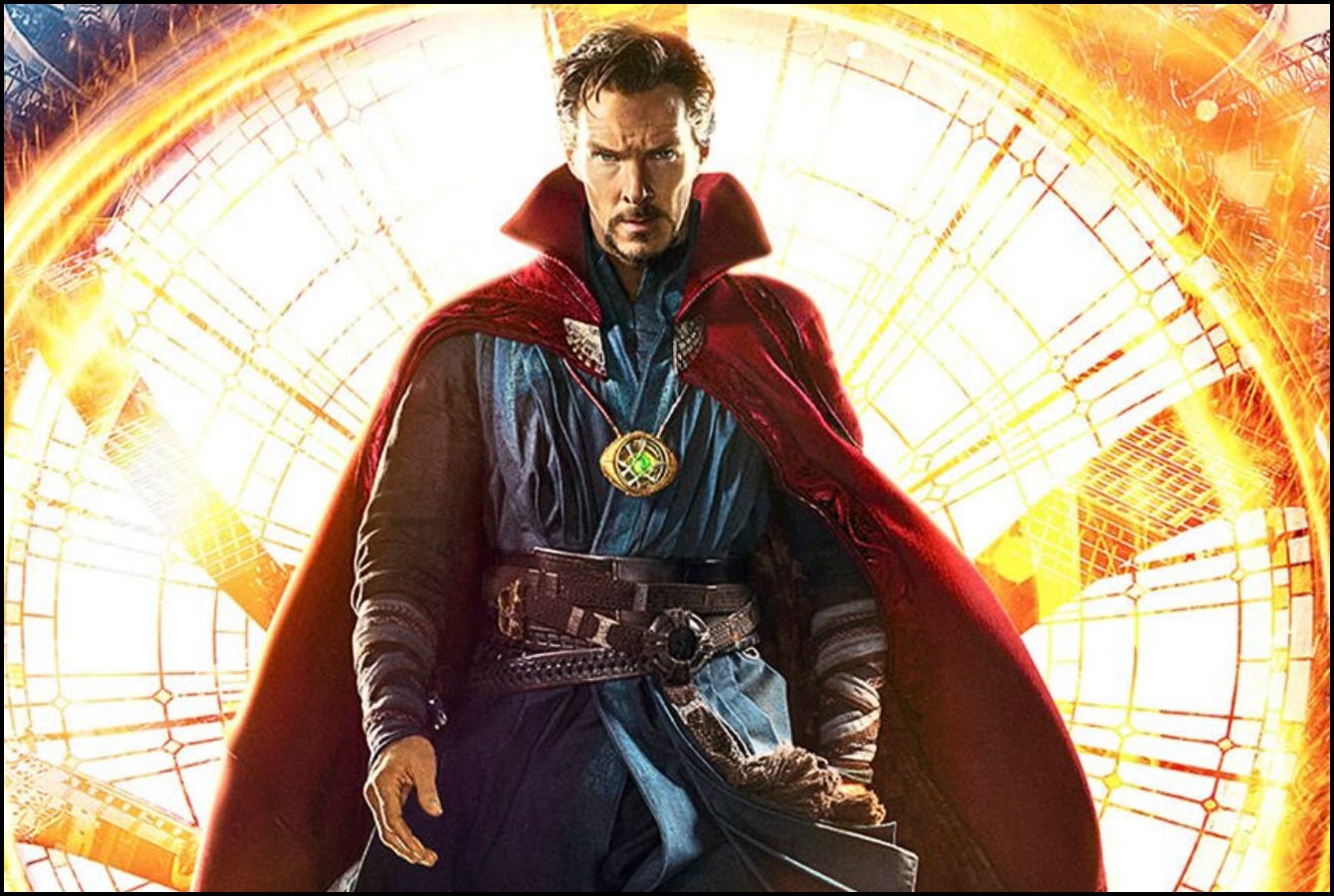Doctor Not-So-Strange: The shallowness of the MCU
Have the Marvel movies stopped being worth our time, and what does deserve our attention?
As my wife and I emerged from a cinema into the stupefying brightness of a sunny afternoon, having just seen the latest offering from Marvel, Doctor Strange and the Multiverse of Madness (hereafter referred to as Doctor Strange 2), we looked at each other for an empty moment. “That was fun,” she finally said. I agreed. “That was stupid and it was fun.” And then we went on with our lives.
There is something very wrong with this picture.
The fact that I’d spent two hours watching a movie whose best quality was that it amused me enough not to notice the passage of time, and the fact that I couldn’t be bothered to form a single real opinion on it were cause for concern. I didn’t care enough about what I was watching to think about it once it was over, and hadn’t cared enough while watching it to analyse the movie beyond following the plot. Stunned by the realisation, I asked myself what had happened? How had I slipped into the lazy, unsatisfying consumption of yet another Marvel movie?
Chris…
Keep reading with a 7-day free trial
Subscribe to Volumes. to keep reading this post and get 7 days of free access to the full post archives.





